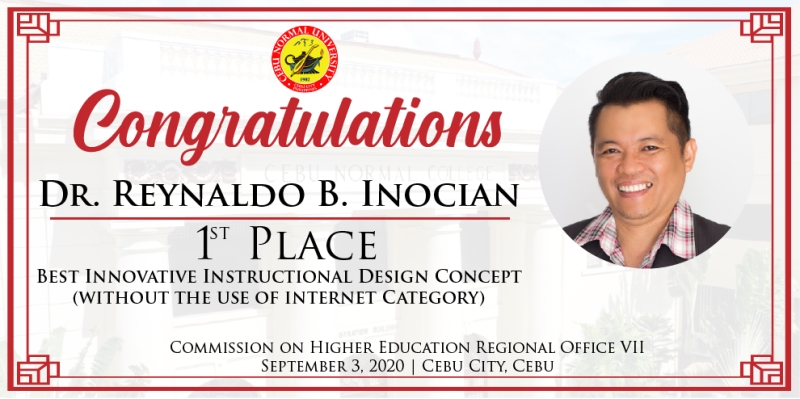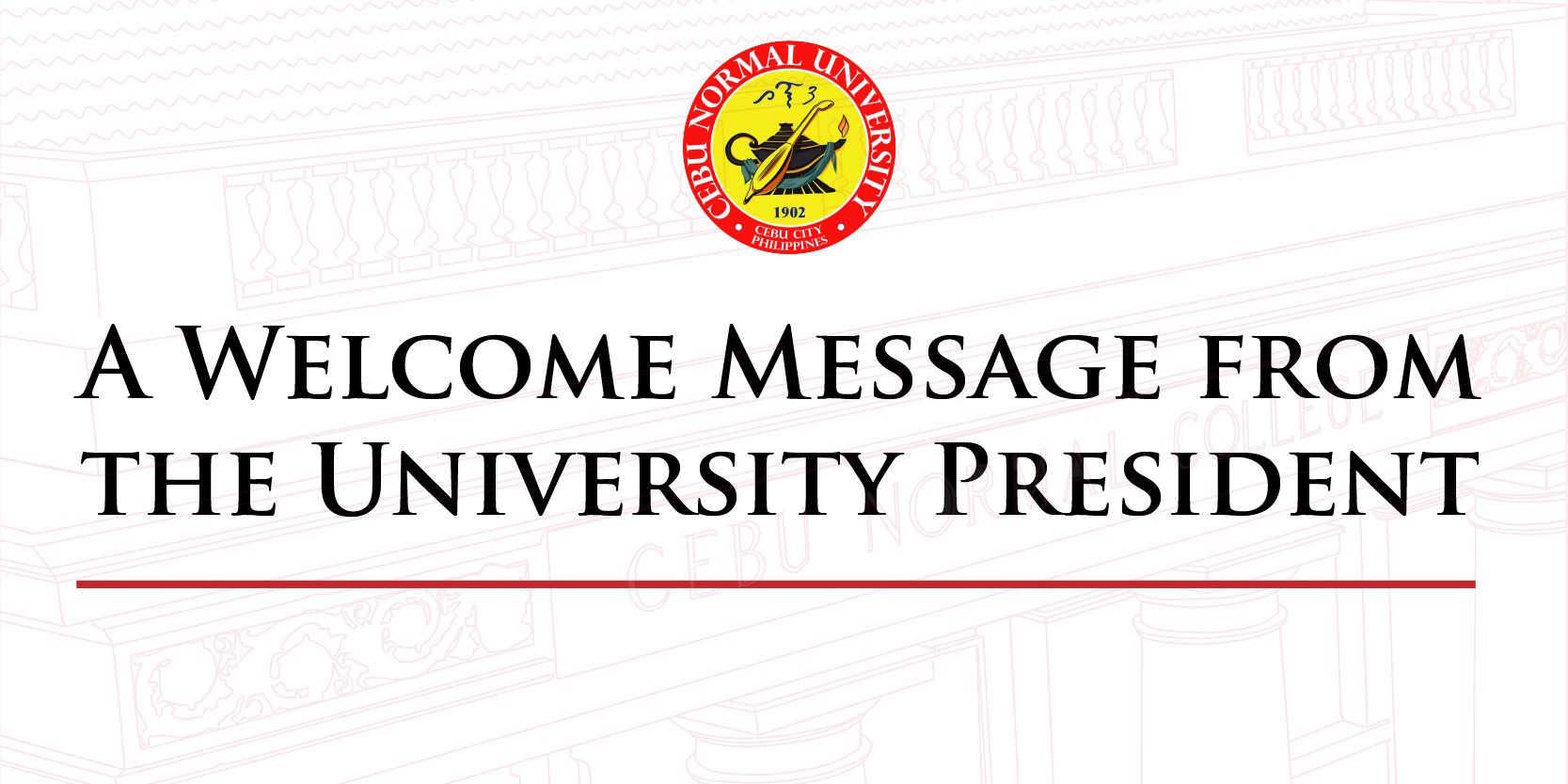The health crisis brought by the Coronavirus Disease 2019 (COVID-19) pandemic may have weakened various sectors in the society, but it has also enabled people to be more creative in finding innovative solutions to cope with the challenges it brings. Cebu Normal University (CNU) Professor Dr. Reynaldo Inocian recently joined the Teaching Model Competition on continue reading : CNU professor’s COVID19-inspired instructional design wins CHED competition
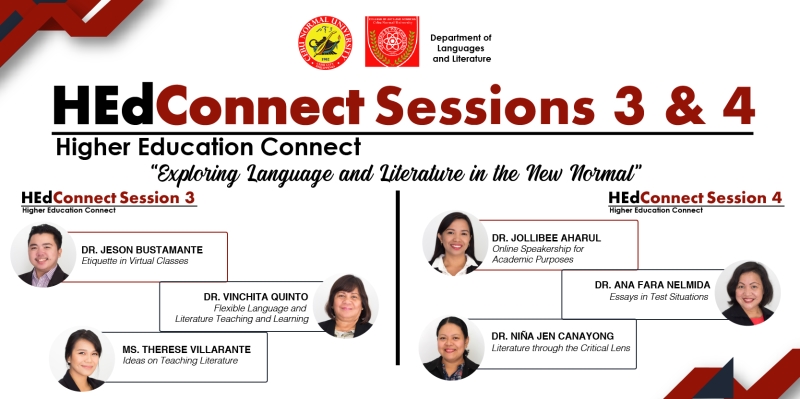
Language and literature propel HEdConnect 3 & 4
Educators from Cebu Normal University (CNU) shared perspectives on teaching language and literature in the ‘new normal’ brought by the Coronavirus Disease 2019 (COVID-19) pandemic during the third and fourth sessions of Higher Education Connect (HEdConnect). Read related article: [HEdConnect gathers education leaders to discuss the ‘new normal’ in higher ed] The HEdConnect Sessions 3 and continue reading : Language and literature propel HEdConnect 3 & 4

CNU educators show care through psychosocial support webinar
Cebu Normal University (CNU) educators conducted a webinar series to promote psychosocial awareness and to alleviate the University stakeholders in light of the current health crisis brought by Coronavirus Disease 2019 (COVID-19). A webinar on Psychosocial Support Sessions for College Faculty was held on August 19, 2020. The same webinar was also given to CNU continue reading : CNU educators show care through psychosocial support webinar
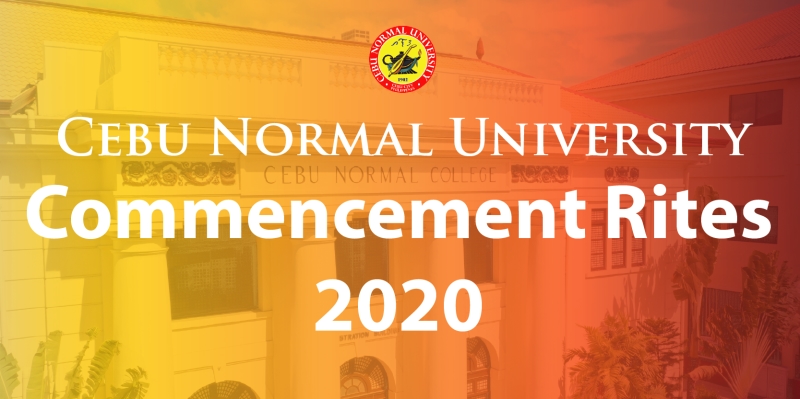
CNU nails first virtual commencement rites, graduates called to be globally competitive
All graduation ceremonies of the three colleges of Cebu Normal University (CNU) Main Campus were merged and celebrated virtually for the first time this year as the University braces the new normal brought by the Coronavirus Disease 2019 (COVID-19) health crisis. The 91st College of Teacher Education (CTE), 39th College of Arts and Sciences (CAS), continue reading : CNU nails first virtual commencement rites, graduates called to be globally competitive
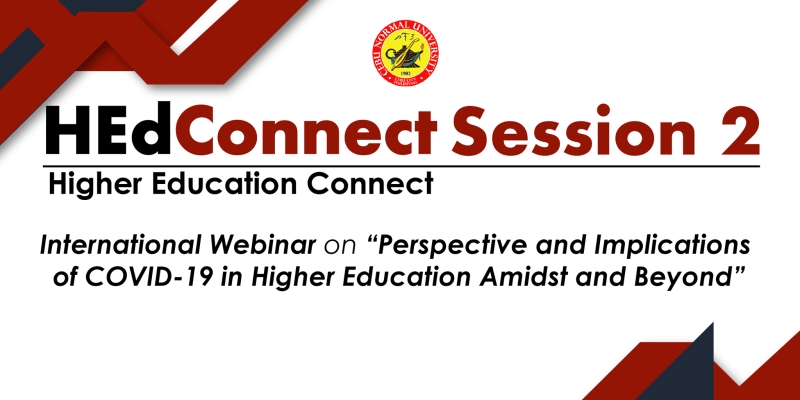
HEdConnect Session 2 reflects on pandemic and society
Multiple ideas ranging from societal, psychological, and cultural dimensions in connection to Coronavirus Disease 2019 (COVID-19) pandemic were highlighted during the conduct of Cebu Normal University (CNU)’s Higher Education Connect (HEdConnect) Session 2. Read related article: [HEdConnect gathers education leaders to discuss the ‘new normal’ in higher ed] The discussion of the said international webinar dwelt continue reading : HEdConnect Session 2 reflects on pandemic and society
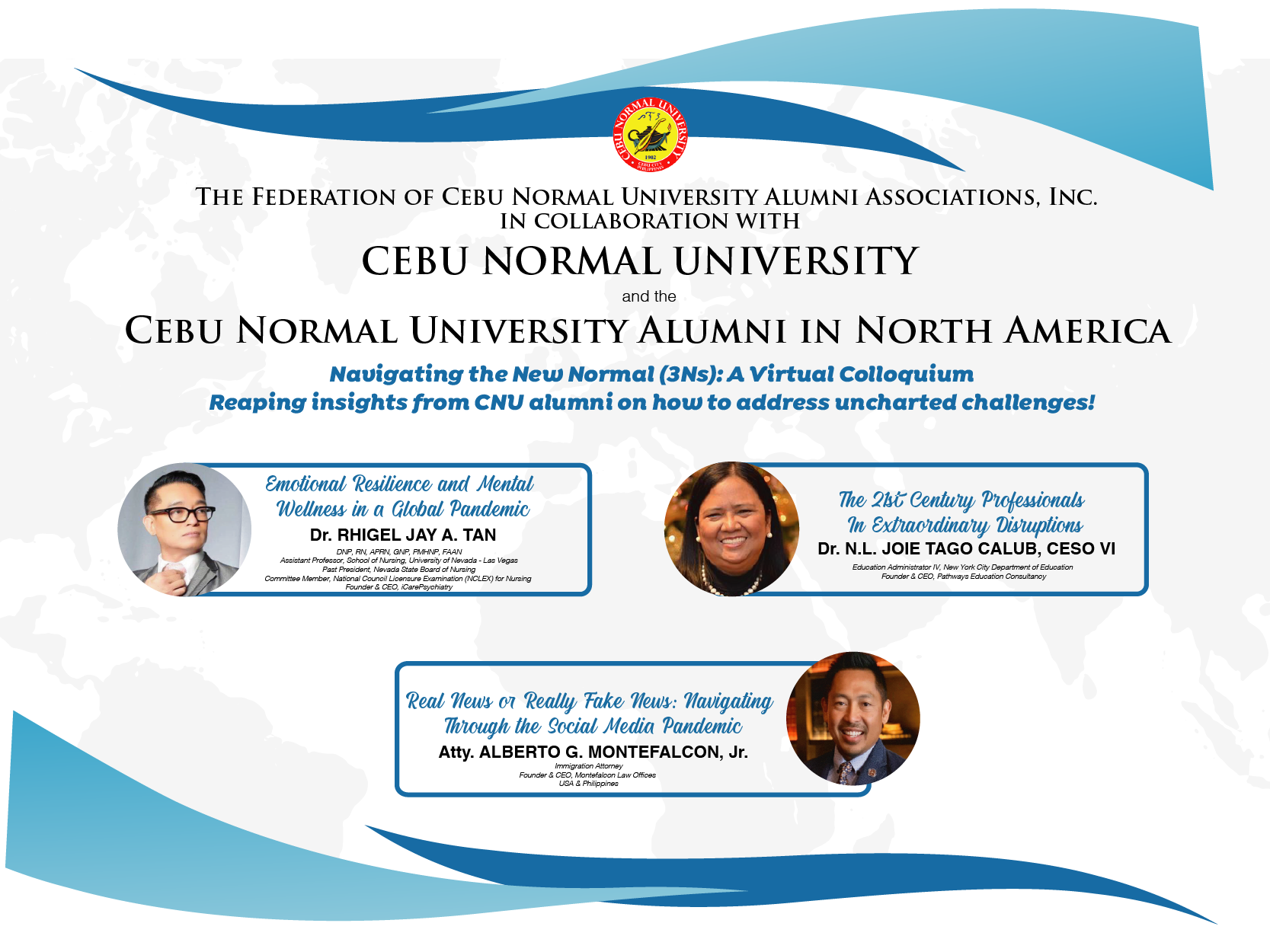
CNU alumni share insights on navigating the new normal
Insights on how to address uncharted challenges brought by the new normal were discussed by three Cebu Normal University (CNU) alumni in North America through a webinar on three distinct topics of their expertise. The session was called Navigating the New Normal (3Ns): A Virtual Colloquium which was live-streamed in the CNU Facebook page last continue reading : CNU alumni share insights on navigating the new normal
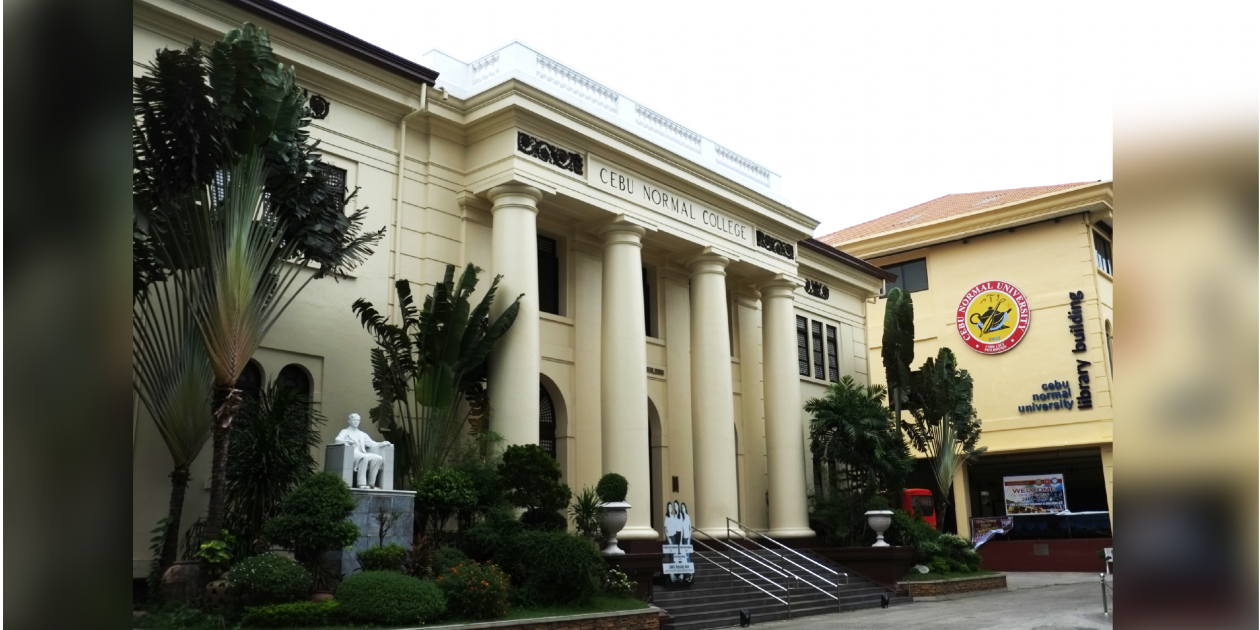
CNU’s instructional delivery mode is evidence-informed
The decision of Cebu Normal University (CNU) to adopt the Flexible Teaching and Learning Delivery as its instructional delivery mode this upcoming opening of classes is evidence-informed. This is what Vice-President for Academic Affairs (VPAA) Dr. Daisy Palompon said. Read related article: [CNU adopts flexible teaching and learning delivery] She said that the decision came out continue reading : CNU’s instructional delivery mode is evidence-informed

CNU adopts flexible teaching and learning delivery
Cebu Normal University (CNU) has decided to adopt the Flexible Teaching and Learning Delivery as its instructional delivery mode for the upcoming academic year which starts this September. The announcement was made last Tuesday, July 21, through a post on the CNU official Facebook page. The Flexible Teaching and Learning Delivery makes use of online continue reading : CNU adopts flexible teaching and learning delivery
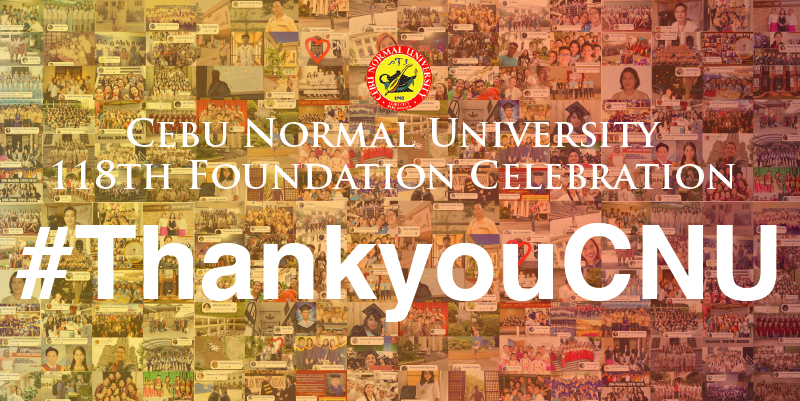
#ThankyouCNU: A tapestry of blissful memories
Cebu Normal University (CNU) celebrated its 118th founding anniversary and 22nd anniversary as a University, and as a way for its stakeholders to express their gratitude, they participated in the photo-posting activity dubbed as, #ThankyouCNU. #ThankyouCNU was launched during the opening salvo of the two-week foundation anniversary celebration last June 15. CNU alumni, students, teachers, employees, continue reading : #ThankyouCNU: A tapestry of blissful memories

